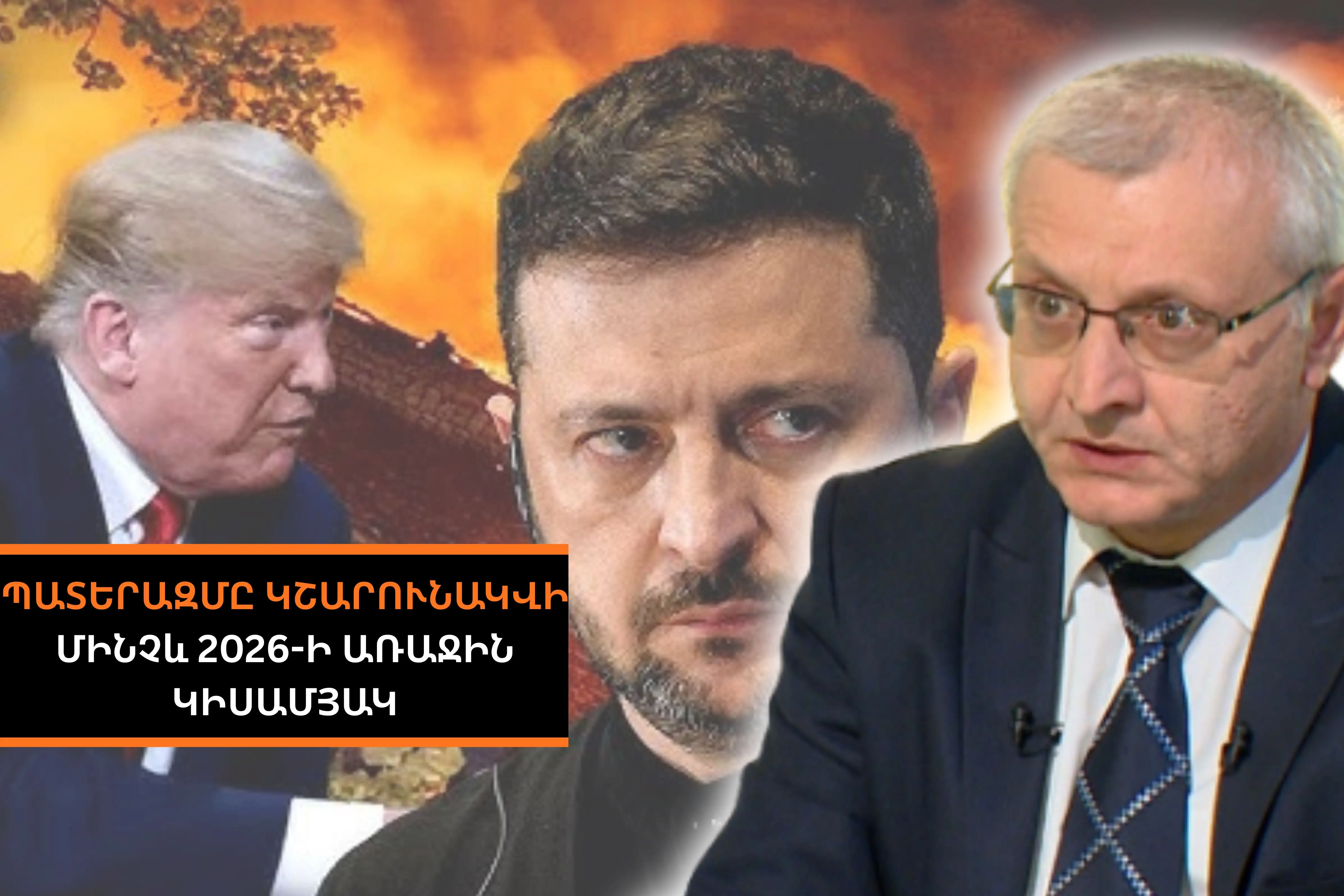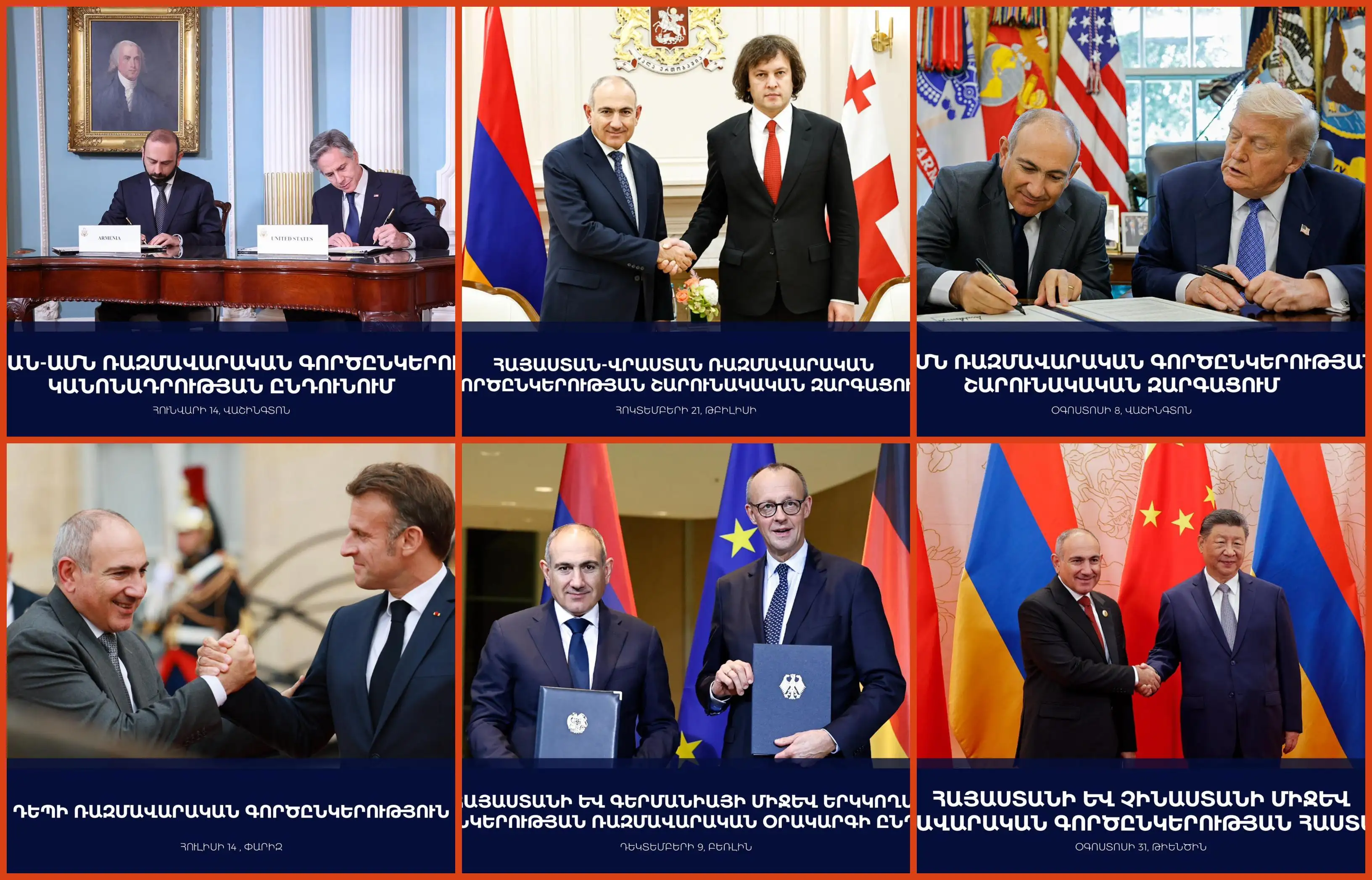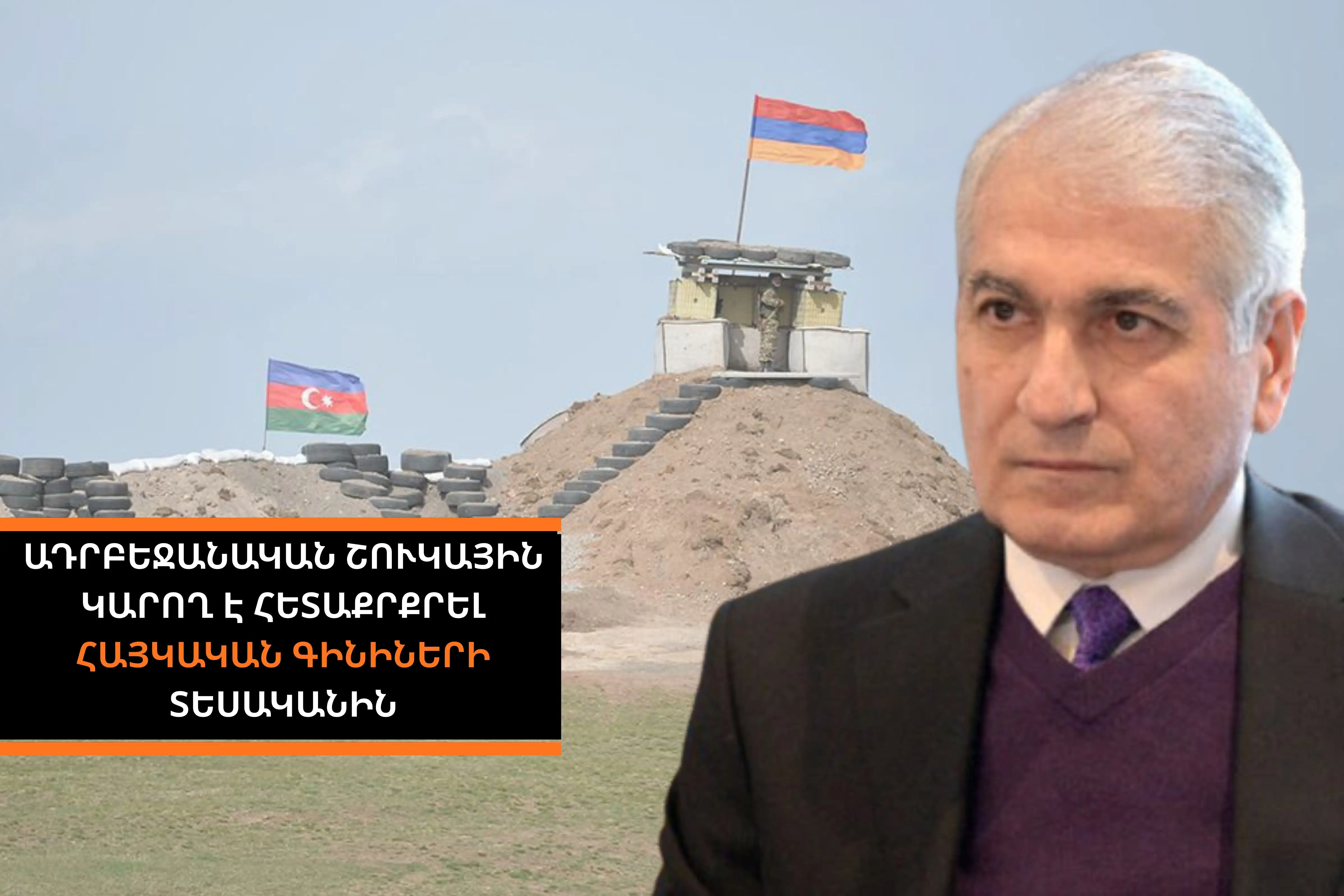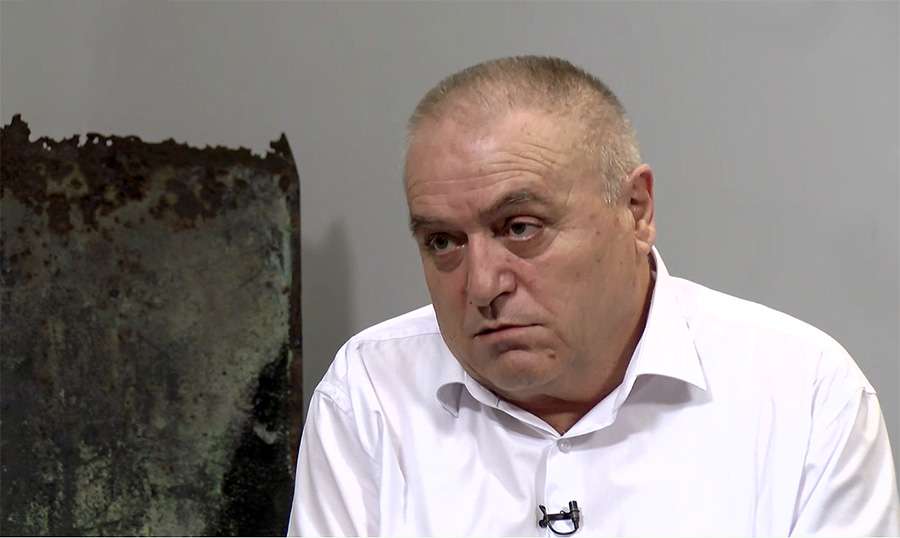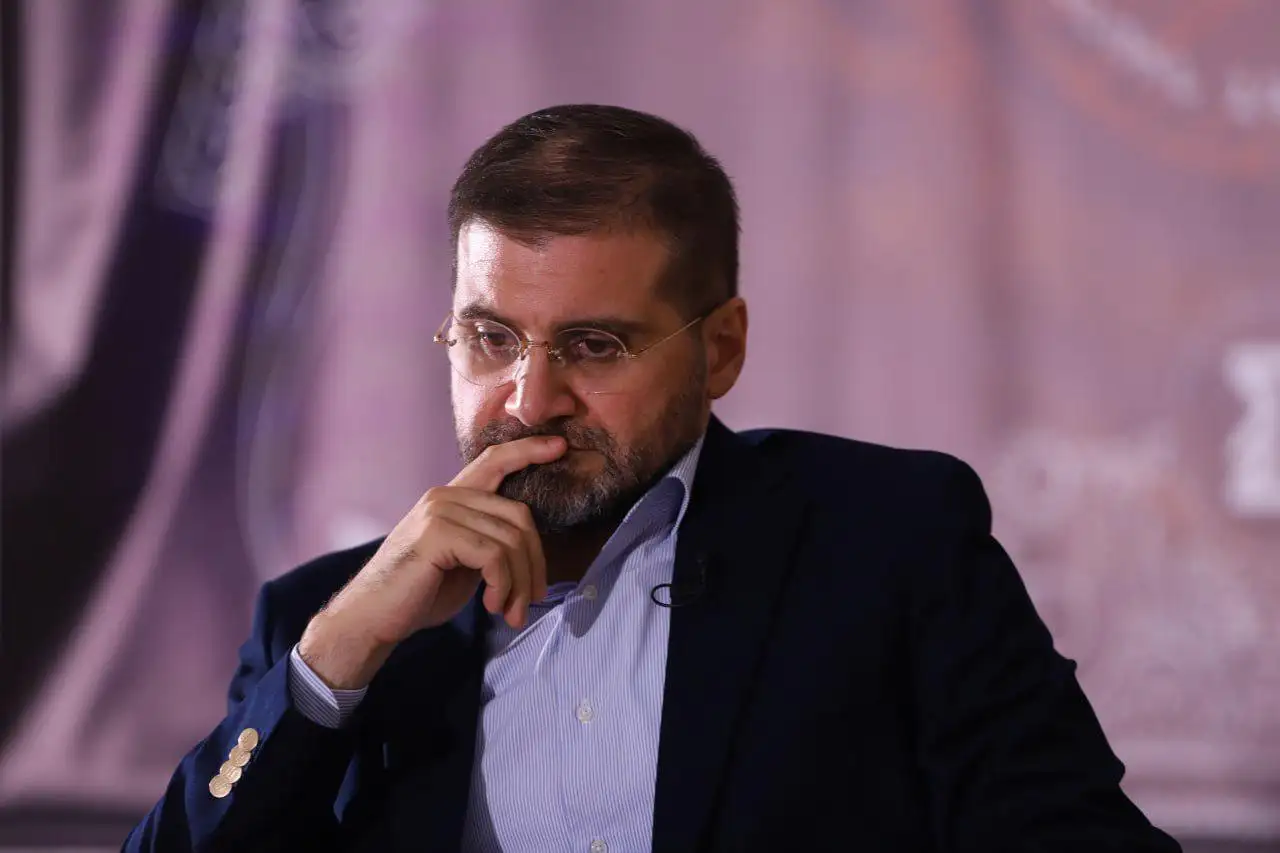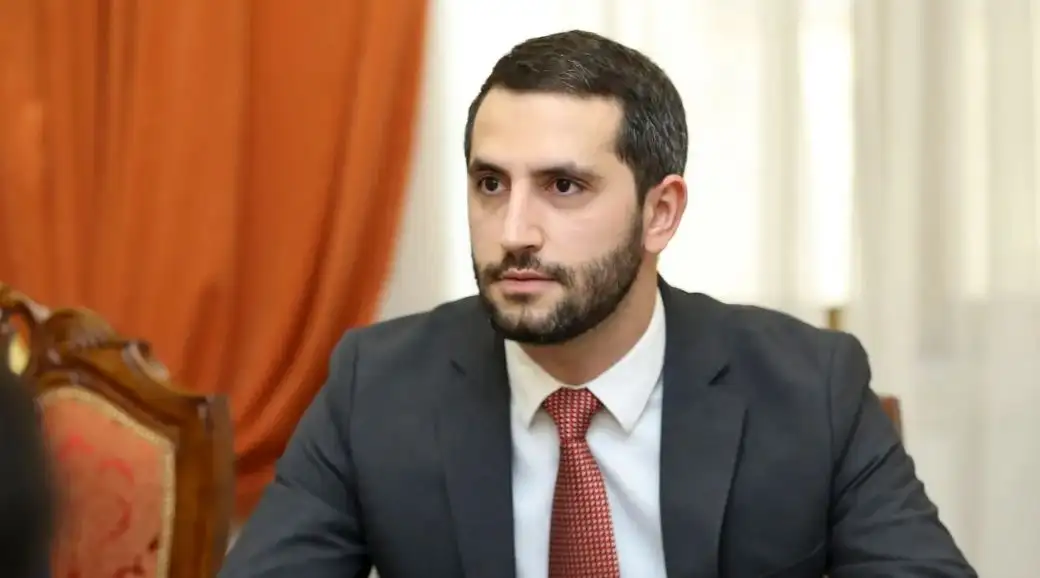Armenian Foreign Minister Ararat Mirzoyan gave an interview to the Turkish NTV television company as part of the Antalya Diplomatic Forum.
- I will talk about the peace agreement on which the two sides have already reached an agreement. However, first I would like to touch upon the panel discussion that has already taken place with the Azerbaijani Foreign Minister.
- We understand that both sides tried to present their positions. And how would you assess that discussion? Was it somewhat tense, or did the parties simply present their views? What would you say about that?
- I would say that it was a constructive discussion. You know, we have had many opportunities to exchange views with my colleague, Mr. Bayramov, both behind closed doors, during negotiations, and in open public discussions. This was another opportunity to exchange opinions.
- Of course, there are differences in perceptions, and we will most likely talk a little more about that now. But at the same time, it is an opportunity to try to bring the positions closer. In this regard, any discussion is always useful.
- Yes, that is undoubtedly the most correct approach. I want to touch upon the peace agreement. As is known, the two sides have already agreed on the document. In your opinion, taking into account the current positions of the sides, when can this signing take place?
- Indeed, first of all, it is necessary to evaluate what has already happened. This is an unprecedented historical event. Armenia and Azerbaijan have agreed on the text of the draft Armenia-Azerbaijan peace agreement. A text by which Armenia and Azerbaijan have mutually recognized each other's territorial integrity within the borders that existed as Soviet socialist republics at the time of the collapse of the Soviet Union.
The parties agreed not to interfere in each other's internal affairs and also agreed on a number of other important provisions. In addition, in case of ratification and entry into force of the above-mentioned document, it is planned to create a bilateral commission that will monitor the implementation of the agreement and serve as a platform for resolving any misunderstandings or specific situations that may arise on the ground. All this is truly a historic event. Now, we believe that it is possible to immediately begin consultations to determine the place, time, and exact date of the signing of the agreement.
- Is it possible that the signing of the agreement will take place in a third country? How would you assess this issue, and what is your opinion on this possibility?
- It could be on the border of Armenia and Azerbaijan, or it could be in any third country that would be acceptable to both Yerevan and Baku. All this could become a subject of discussion. However, it should be noted that immediately after the announcement of reaching an agreement on the text, the Azerbaijani side came up with a number of preconditions, which related, in particular, to the Minsk Group and the Constitution. There may also be other ideas, as far as I understand.
- Mr. Bayramov also mentioned this during the discussion.
- Our approach is as follows: we can start the process by laying one brick, then another, and after a while, we can see that we have built a strong bridge together, for example. Or we can sit and wait for another few hundred years, trying to understand whether the previous approaches are no longer applicable, whether the conflict is really over, or whether there are still obstacles. However, our position is that it is necessary to focus on the constructive side of the issue, to focus on the opportunities and the future, and not to constantly delve into the past and see only obstacles.
- Turning to some of the ideas voiced by the Azerbaijani side, in particular on the topic of the Minsk Group, I would like to note that our position is clearly known. If we accept that the conflict is over and this fact is confirmed by the peace agreement, then neither the Minsk Group nor its subordinate structures are any longer appropriate. It is with this logic that we have proposed signing two documents on the same day: a peace agreement, as well as a joint application to the OSCE or its member states, which will begin the process of dissolving the Minsk Group.
- And in that context, what would you say about the European Union mission?
- Currently, we have a European Union civilian mission that monitors the border between Armenia and Azerbaijan. The mission's mandate, as well as its ultimate goal, is to strengthen stability and peace between Armenia and Azerbaijan. If a peace agreement is signed, if we continue the border demarcation process, and as a result of all this, we achieve stability, then the people living in the border regions, both on the Armenian and Azerbaijani sides, will feel secure and will be able to safely organize their daily lives, then there will be no need for a monitoring mission either. So, the problems that you mentioned or our Azerbaijani partners have noted that the shortest and most effective way to resolve the issue is to sign and ratify a peace agreement.
- The Azerbaijani Foreign Minister mentioned the Constitution of Armenia, and, as you mentioned, you consider it a precondition. Azerbaijan expects that it is necessary to make changes, and you also noted during the discussion that there is no claim to change in your Constitution. But the Constitution refers to the Declaration of Independence. What you are saying is of great value. But it is also a legal issue, so how will it end? What would you say in this regard?
- If we are talking about the Constitution, then it should be clearly emphasized that there is no territorial claim against the territorial integrity of Azerbaijan in our Constitution. The preamble to the Constitution contains a reference to the Declaration of Independence, which states that the Constitution is based on that declaration in the context of a number of goals and values. Then, the main provisions of the Constitution are presented. The Azerbaijani side believes that there is a requirement in the Declaration of Independence.
- As I mentioned, and I do not want to go into details now, lawyers can easily prove this since all the relevant documents are open and accessible. At the same time, we ourselves have serious concerns about the fact that the Constitution of Azerbaijan itself contains territorial claims. And I am ready to explain why. In their Constitution, they refer to their Declaration of Independence, in which they state that the Republic of Azerbaijan is the successor of the First Republic, which existed before the Soviet Union. Thus, the First Republic of Azerbaijan declared its sovereignty over much wider territories than the internationally recognized borders of modern Azerbaijan.
- More than 60 percent of these territories constitute the sovereign and internationally recognized territory of the Republic of Armenia. This is, of course, a problem. If we delve into the Constitution, then this is undoubtedly a problem. However, the proposed peace treaty, which we are ready to sign, already includes a mechanism for resolving this issue. First, as I have already said, the parties recognize each other's territorial integrity according to the borders that I have already mentioned. This is the formulation that is acceptable to both parties because otherwise, it would simply not be possible to reach an agreement on the text. So, during the ratification process, after signing, this document should receive a positive conclusion from our Constitutional Court.
- Are you sure about that?
- Of course, if the Constitutional Court concludes that the proposed peace agreement, including the recognition of the territorial integrity of the parties, with that specific understanding and borders, complies with the Constitution, then we can say that the problem is resolved and it is fully addressed. And if, theoretically, the Constitutional Court declares that the agreement does not comply with the Constitution, then that will be a different situation. In that case, naturally, the parties will return to the negotiating table again to assess further steps.
But I repeat, this is an exclusively theoretical scenario because last September, we had another opportunity to understand the approach of the Constitutional Court. If you recall, the Joint Commissions for the demarcation of the border between Armenia and Azerbaijan signed their first international document, the regulations of the commissions. This document clearly states that the demarcation should be carried out on the basis of the Alma-Ata Declaration, in accordance with the same principle that I spoke about: the administrative borders that existed between the parties after the collapse of the Soviet Union turned into internationally recognized state borders. The mentioned regulations were submitted to the Constitutional Court, and the court gave a positive conclusion, recording that the content of that document fully complies with the Constitution. In other words, we are dealing with the application of the same logic, the same principle. Therefore, it is unlikely that the Constitutional Court will express an opposing position on the same issue just a few months later. However, let me note again that a theoretical possibility always exists.
And finally, regardless of the perspective from which we look at the situation, the signing and ratification of a peace treaty remains the shortest and most effective way to resolve the issue.
- Well, we'll see how events develop. Before we move on to the topic of Turkey-Armenia relations, please do not take what I am saying as offensive in any way; I know that the term "Zangezur Pass" is not officially used in Armenia. However, the Turkish public and the media are familiar with this formulation, and that is why I use the term "Zangezur Pass." Turkey is closely monitoring when this route can be opened. What is your view on this issue? Do you think it may become a reality in the near future?
- Well, first of all, I would like to emphasize that we do not see any problems in principle with the opening of transport communications, routes or infrastructure.
- I meant the wording I was talking about: "Zangezur."
- The problem is not with the content but with the wording. The whole world is talking about new transport and transit corridors, and we fully agree with this logic. Moreover, we realize that in the event of the unblocking of infrastructure, Armenia will be one of the first beneficiaries. Our concern is that there are some signs in the approach of the Azerbaijani side that can be perceived as components of extraterritorial control. The logic of such a "corridor," which implies certain restrictions on sovereignty, is unacceptable to us. For example, I think this may also be interesting for Turkish society: we have proposed to the Republic of Azerbaijan to open bilateral railway infrastructure. That is, to make sure that both sides can fully utilize each other's railway networks.
In the section that connects the main territory of Azerbaijan with the Republic of Nakhichevan via the shortest possible route, we have proposed applying modern mechanisms. For example, we have proposed to apply electronic scanning systems to minimize physical checks. We have proposed introducing electronic declaration, which will allow us to speed up the flow of cargo. In addition, we have proposed to apply insurance and reinsurance mechanisms to ensure the security of the passage. Our understanding was that the initial reaction of the Azerbaijani side was positive. However, now we notice some uncertainty. Why? It is difficult to say because, in our opinion, there is no clear, rational explanation for the rejection of this proposal. We are ready to launch this initiative immediately, starting with the first stage of cargo transportation by rail. If this stage is successfully implemented, then we can move on to passenger transportation and other forms of communication.
We are also convinced that this process of unblocking communications will lead to the full restoration of regional connectivity, including the resumption of railway communication between Armenia and Turkey. And we are sincerely interested in this issue. Finally, from our point of view, this project has the potential to radically change the logistical picture, at least at the regional level. I do not see any negative impact on any of the parties involved.
- Well, we will see when and how this issue will be resolved, but I would like to touch on the relations between Turkey and Armenia. In 2021, the two countries appointed special representatives with the aim of advancing the process of normalizing bilateral relations. They have been working for about four years now. During this time, a number of positive steps have been taken. If I am not mistaken, the first agreement concerned the implementation of cargo transportation. The second step concerned the opening of the border between Armenia and Turkey for citizens of third countries. However, we have not seen any significant progress. Is this really so, or do you have a different perception? How do you assess the process of normalizing relations?
- Yes, you are right; special representatives have been appointed: Serdar Kilic from Turkey and Ruben Rubinyan from Armenia. In parallel, the foreign ministries of both countries are also involved in the process. This evening, my next meeting with Turkish Foreign Minister Hakan Fidan is scheduled. This is not our first meeting, which indicates that there is a fairly active Armenian-Turkish dialogue. Moreover, this dialogue is not limited only to the level of the two ministers or special representatives. Other relevant structures are gradually being involved in the process. Meetings are already being held between various structures.
You also mentioned cargo transportation. I want to add that the infrastructure of the Margara-Alijan land checkpoint has been jointly studied. A similar study has also been carried out in the direction of the Gyumri-Kars railway. A few days ago, representatives of our relevant bodies discussed a joint project for the reconstruction of the Ani Bridge. There are also a number of other initiatives. All this indicates that the process, albeit slowly, is moving forward.
- How would you assess the progress of the infrastructure restoration process?
- The Armenian side has assessed the current state of the infrastructure of the Margara checkpoint and has already completed the reconstruction of its section. I specifically mention this circumstance to emphasize that the process is moving forward, and we continue to maintain a stable and intensive dialogue with our Turkish partners. At the same time, we must note that the final goals of the process - the full normalization of relations, the establishment of diplomatic relations, and the opening of the border - have not yet been achieved at this stage. This is certainly somewhat related to the Armenian-Azerbaijani settlement process. We believe that if there is success in the Armenian-Turkish direction and the opening of the border is carried out, it can also become a positive impetus for the Armenian-Azerbaijani settlement process.
- That was an important observation because immediately after your speech, I thought that the signing of a peace agreement between Armenia and Azerbaijan could have a positive impact on the settlement of the Armenian-Turkish process. However, you mention that the opposite option is also possible.
- In general, yes. However, I think that any progress in both directions can be a positive impetus for the other process.
- Well, does it matter which direction moves forward first?
- Is it important?
- I'm asking you.
- You know, we really have a tangible opportunity at the moment. This is, in essence, a matter of political leadership. The question is what future we imagine and offer to our societies, our states, and our region in general. We can be good neighbors. We can develop mutually beneficial trade and initiate and implement joint energy projects. The world is looking for new energy ties today, and our region has that potential. Moreover, if we look at regional political processes, particularly in the Middle East, we see that our positions are often quite close to each other. In other words, cooperation can and should go beyond border trade. We have an opportunity. Will we be able to take advantage of that opportunity? That is the question. We believe that Armenia is taking the most constructive steps possible in this process.
- My last question concerns the region and the entire world. Russia has serious problems with the West, and the West has problems with Russia. The war in Ukraine is still ongoing, and its outcome is difficult to predict. Transatlantic unity, after the Trump administration, seems to be under some pressure. In this context, how do you assess this picture of global conflicts?
- In short, you have described the situation quite accurately. The world today is facing serious uncertainties and upheavals. We are at a crossroads where there are both opportunities for global stabilization and the dangers of deepening and prolonging conflicts. I think that almost no one in the world can predict with certainty the direction of developments at the moment.
If we return to our region, the question is formulated as follows: are we contributing to this global instability, or are we striving to become an island of stability? This is really up to us. We can make a choice. We are convinced that today, there is a unique opportunity to build the future. A future that is based on bold and wise decisions being made at the moment. We can create a safer, more predictable, and prosperous environment for our citizens and future generations. But there is another way: to continue to be guided by the old approaches: hostility, conflict, mutual intolerance. That, frankly, sometimes seems more straightforward than building a future. Isn't it easy to endlessly list reasons why it is not possible to establish a neighborhood? You can point to ten reasons; I can add fifteen more, our Azerbaijani partners - twenty more. And all the reasons may have their own logic. But if the desire is for hostility to continue, then it is easiest to do so.
- When you compare the present with the past, is now the right time to establish peace, sign an agreement between Armenia and Azerbaijan, and normalize relations between Turkey and Armenia? Is it easier today?
- I will try to answer in a slightly different way if you don't mind. I cannot claim that right now is the "right" time. There may never be such a perfect moment. But I can say with confidence that my Turkish and Azerbaijani counterparts will also confirm this, as we have never been so close to each other. Maybe the time is not right, maybe it never will be, but if we honestly assess where we are now, we can say that we have never been so close to peace and stability.









